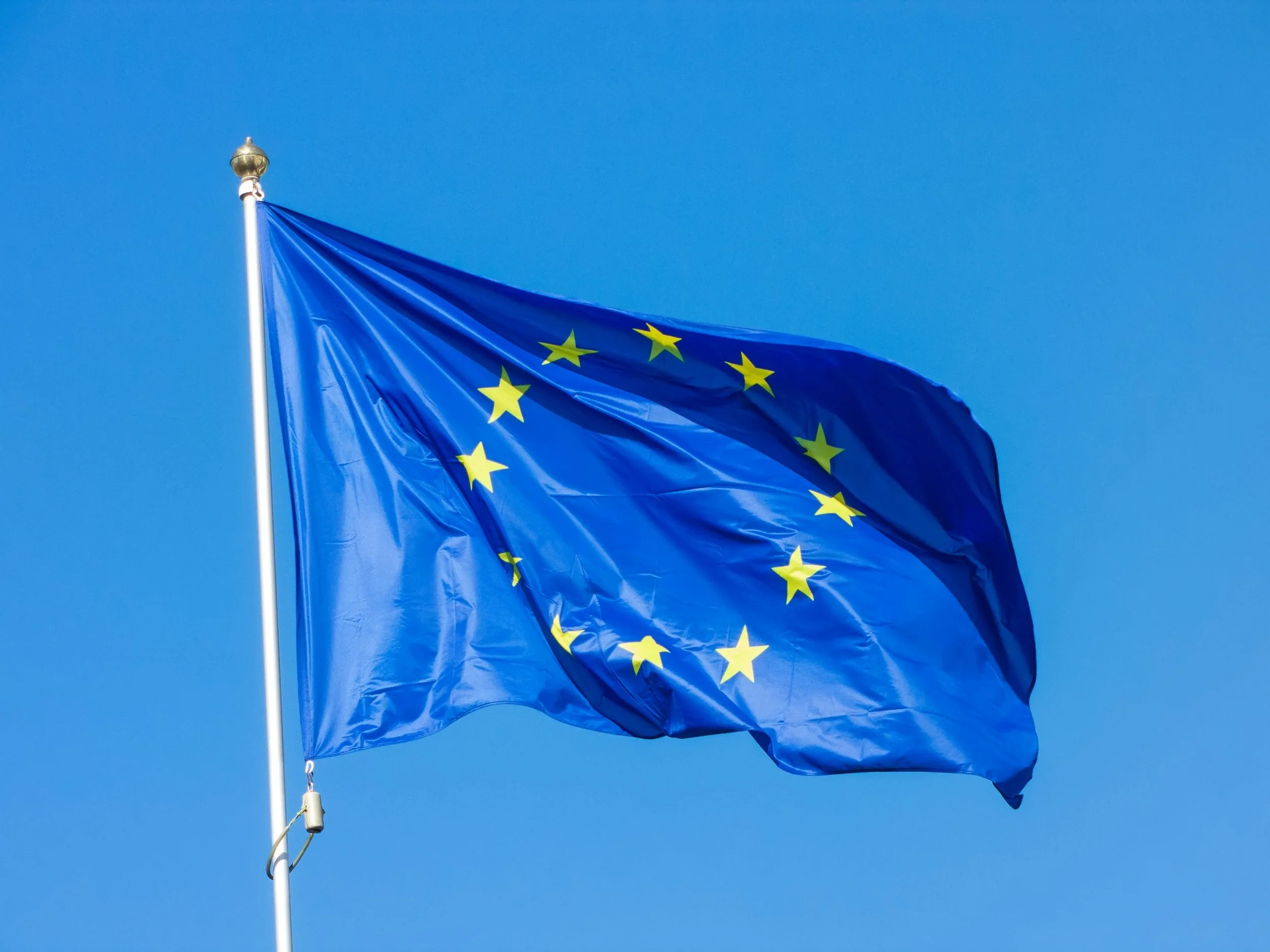Why UK Fashion Brands Need to Prepare for EU's EPR
For a long time, the burden of fashion waste has fallen on councils and, by extension, the taxpayer. But Europe is changing the game. The EU Parliament officially gave its final approval in September 2025 to a revised Waste Framework Directive, making Extended Producer Responsibility (EPR) for textiles mandatory across all member states. This is a seismic shift, and for UK-based fashion brands, it’s not a regulation to be ignored.
If your brand sells into Europe, you will be considered the "producer" under these new rules, regardless of where your company is based. The EPR framework operates on a simple, yet profound, principle: the polluter pays. This means you will soon be responsible for the financial costs of collecting, sorting, and recycling the products you place on the EU market.
This isn't a future problem - it's an immediate one. Each EU member state must establish its own national EPR scheme, and while the UK has yet to introduce its own mandatory textile EPR, British brands selling on the continent must prepare to navigate multiple, distinct regulatory systems.
A Message for Online Sellers: Marketplaces are Not a Get-Out-of-Jail-Free Card
A common misconception is that selling via a marketplace, like Zalando or ASOS, shifts the responsibility. It does not. The EU’s rules are specifically designed to close this loophole.
If you are a UK brand selling through an online marketplace into Europe, you are still considered the "producer." In fact, many marketplaces will soon require you to provide proof of your EPR registration number in each country you sell to. If you can’t, they may either delist your products or be held liable themselves, and trust us, they’d rather you bear the burden.
The Cost of Doing Nothing: Understanding Eco-Modulated Fees
So, what does this new financial obligation look like? It's not a one-size-fits-all tax. The EU has embedded a game-changing concept called eco-modulation.
This means your EPR fees will be adjusted based on the environmental performance of your products. It's a direct financial signal that rewards sustainability and penalises wastefulness.
Lower Fees for Conscious Design: Products that are durable, easily repairable, and made from single-fibre materials (which are much easier to recycle) will attract lower fees. Likewise, using a higher percentage of recycled content in your new collections will reduce your costs.
Higher Fees for "Fast" Fashion: Conversely, products that are short-lived, difficult to recycle (such as complex material blends), or contain hazardous substances will face a higher financial penalty. This is a direct challenge to the traditional fast-fashion business model.
In essence, EPR turns a compliance cost into a powerful lever for change. The more you invest in circular design, the more you stand to save.
From Compliance to Competitive Advantage: How to Prepare
For a UK brand, preparing for EPR is not just about avoiding penalties; it's about building a more resilient and profitable business. Here are the crucial steps you should be taking now:
Audit Your Range: Conduct a thorough analysis of your product range. Understand the material composition, weight, and end-of-life profile of every garment. This data is the foundation for accurate reporting and cost forecasting.
Embrace Eco-Design: This is your most effective tool for reducing future EPR fees. Re-evaluate your design and sourcing strategies. Can you use mono-materials? Can you design for disassembly and repair? This is where long-term savings will be made.
Invest in Data & Transparency: You will need to accurately report on the volume and characteristics of your products in each European market. This requires robust data management systems and clear visibility across your supply chain. For many brands, this will mean a significant upgrade from simple spreadsheets.
The EPR framework is more than just a regulatory hurdle. It’s an opportunity to build a brand that is not only compliant but also genuinely committed to a circular future. The financial incentive is now there to make the right choices for the planet and your bottom line.
With the final approval of the EU's Extended Producer Responsibility (EPR) for textiles in September 2025, a critical and urgent timeline is now in effect. For UK brands selling into Europe, this means new financial and reporting obligations could begin as early as 2028. The time to prepare is now. We can help you navigate these new rules and turn this challenge into a business opportunity. Contact us today.

